You run a successful brick-and-mortar store and now want to open an online store.
Maybe you do not have any idea about e-commerce platforms.
or
Even if you have some; you don’t know the right e-commerce development strategy.
No worries.
Let us get started on it.
First thing comes first.
There two types of e-commerce platforms available on which you can host your e-store.
They are:
- Custom developed, Self-hosted:
You program the software according to your business requirements. You own it.
- Platform-hosted (aka: Shopify vs Volusion vs Big Commerce vs Yahoo vs Magento):
You use service provider’s software (on a rental basis) and host your content on it.
Peek into the table below and see the difference between both the platforms.
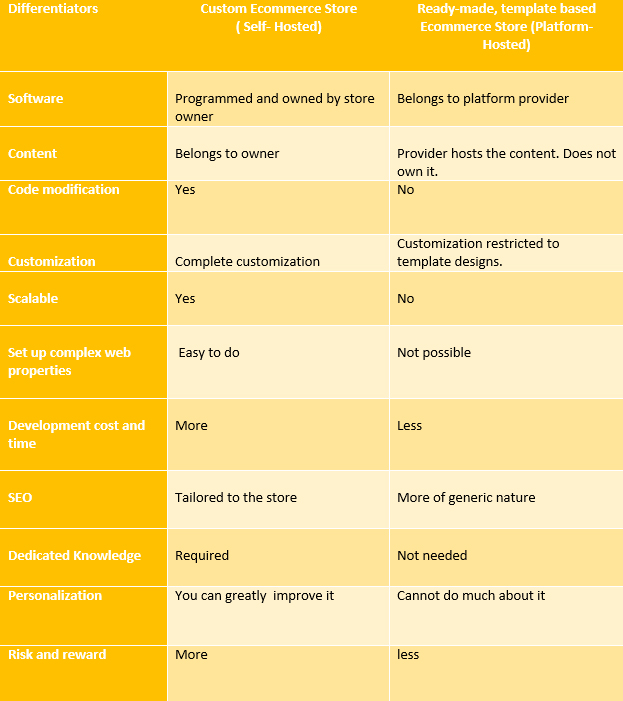
But that is not enough to help you make the right decision.
You question yourself.
Should I go for custom e-commerce development or take help of e-commerce service provider?
It is natural because you are neither an expert nor have taken the help of an expert yet.
But before you make up mind to hire an expert, go through this entire post. At the end you know the right path.
Let’s examine both platforms, point by point.
- Software
Self-hosted – Custom:
You hire software programmers to write your shopping cart program, test and debug it.
They follow a Software Development Lifecycle (SDLC) to complete the project.
And that costs more and takes more time. Do not forget the delay during development and testing phase of the project. That is the ground reality.
And do not forget your designers. Creativity takes its own sweet time. You cannot hurry it up.
You need more time and money for custom software development.
Platform-hosted (aka: Shopify vs Volusion vs Big Commerce vs Yahoo vs Magento):
No such above-mentioned issues. All the software development headaches belong to the service provider. You only have to host your content on a ready-made platform.
Tip
Want a simple, small e-store up at a short notice in a small budget? If yes. Go for the second option: Platform-hosted.
- Content
Text, images, graphics, and videos make up your content.
And your content goes into product description, catalogs, newsletter, blogs, case study, etc. You host them on your e-store.
Self-hosted - Custom:
A self-hosted store has a custom Content Management System (CMS). You can display as many products you want without any limitation. You also customize your presentation according to your brand and customers' need. You enhance the user experience on your site.
See below how Amazon allows customer to manage their product content.
It is possible to do that in platform-hosted?
No.
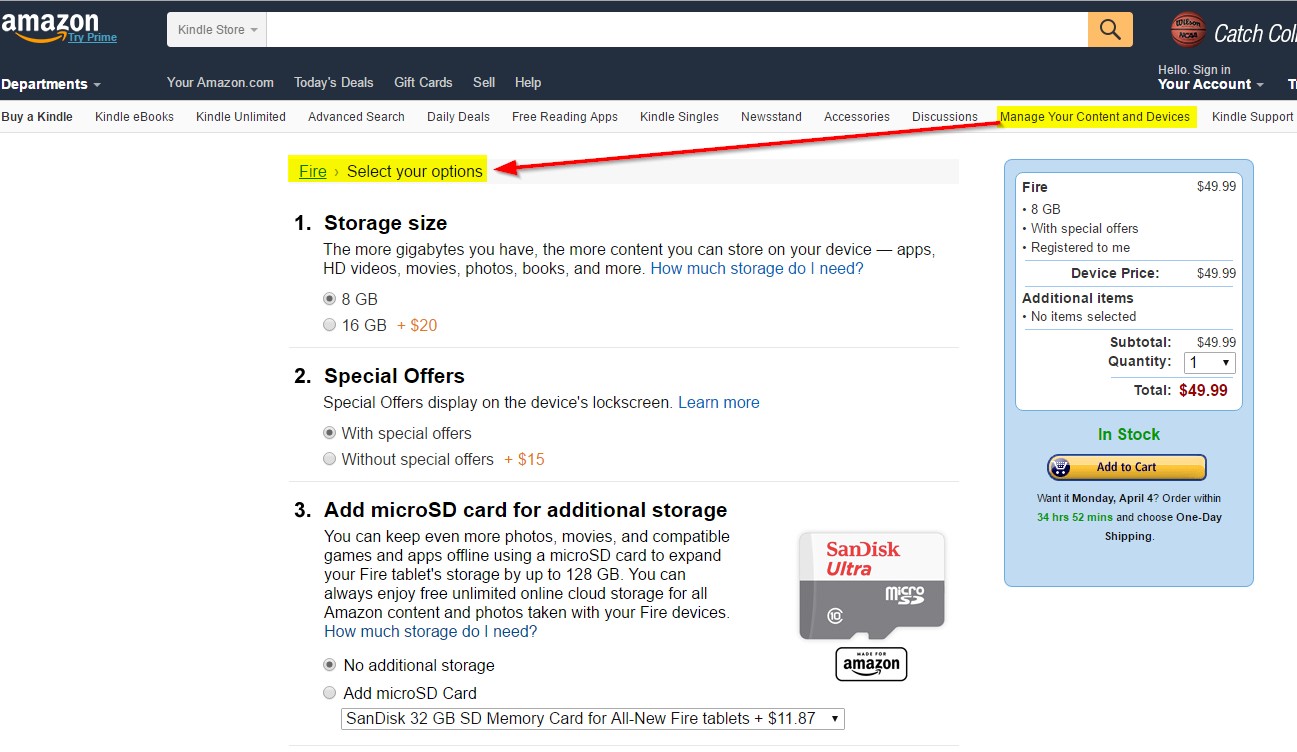
Platform-hosted (aka: Shopify vs Volusion vs Big Commerce vs Yahoo vs Magento):
Cannot customize the CMS. You cannot add more content beyond a certain point. That limits your product range.
Tip
If you want to expand numbers of product in coming years then you need a self-hosted one.
- Code Modification
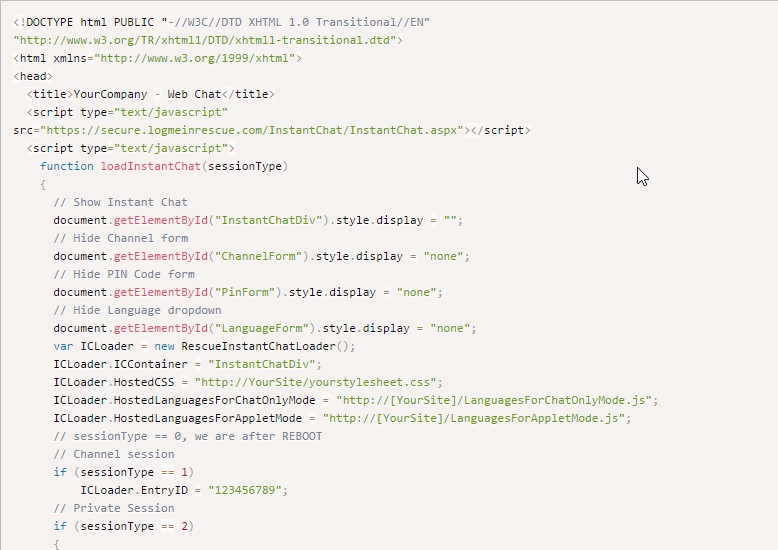
Self-hosted - Custom:
Your license gives you a copy of the source code. You modify it whenever you want to add a feature to you store.
You can change the code to change the layout, color or add a functionality. You customize the way you want. It is that perfect.
Platform-hosted (aka: Shopify vs Volusion vs Big Commerce vs Yahoo vs Magento):
You do not get the source code. Hence, cannot customize it. You can only customize the template design. It has its limitations too!
Tip
When it comes to code modification the self-hosted store wins.
- Customization
Self-hosted - Custom:
You have the liberty to customize whatever you have on your e-store. You can custom design the front-end to suit your business. Create the perfect UI and add new, on-demand functionalities.
Replace the outdated features with new ones as and when required. Customization empowers to scale up during peak traffic especially, in festivals and major events.
You improve the user experience of your e-store. You increase its conversion rates.
Platform-hosted (aka: Shopify vs Volusion vs Big Commerce vs Yahoo vs Magento):
You can customize the template design. But in a limited way.
You cannot change functionalities and features because everything is pre- built in the template.
You have to upgrade your subscription to a higher plan if you want more features and functions. That means you pay more.
Still you face the limitations because you cannot change in the complete way you want.
Tip
If you want to customize your e-store the way you want then go for the self-hosted one.
- Scalability
Self-hosted - Custom:
You can scale up whenever needed.
Customize your CMS and upload the content. Present it the way you want; aligned to your customers' demand. Add new products, change the existing and scale up the product range.
Do it whenever you want. You have that freedom.
You become competitive in your domain.
Platform-hosted (aka: Shopify vs Volusion vs Big Commerce vs Yahoo vs Magento):
There is no question of scalability here. Everything is pre-built in the template. You cannot customize the CMS. Hence, you cannot scale up your product range.
Tip
If you want to expand your business, then you need a scalable e-store. In that aspect, self-hosted wins and that should be your choice.
- Setup complex web properties
Self-hosted - Custom:
You need a multi-lingual or multi-national website to target a global audience. You have to localize if you want your business to be global in the true sense. Complex hosting solves your problem because you can do that without creating separate websites.

Self-hosting allows you run separate sites on a folder. You share common resources like product database and customer list.
Platform-hosted (aka: Shopify vs Volusion vs Big Commerce vs Yahoo vs Magento):
You will have to host different shops targeting different countries or languages.
If you have customers from ten different countries then you have ten different stores. All the stores have content in different languages.
That is neither workable nor sensible in term of investment and management.
Tip
Want to localize? Want to go global with your e-store? If yes, then choose the self-hosted option.
- Development time and cost
Self-hosted - Custom:
Since you start your store from the scratch, the development time is more. You have to hire experienced developers for programming. The development bottlenecks increase time and cost. The cost run high.
Platform-hosted (aka: Shopify vs Volusion vs Big Commerce vs Yahoo vs Magento):
The store is ready for you to host your content on it. You neither pay nor waste time on hosting, design and development. That’s none of your business. Your service provider takes care of that for an annual rental.
All you have to do is choose the right subscription plan for your store.
Tip
Choose Platform-hosted if you want a quick launch.
- SEO
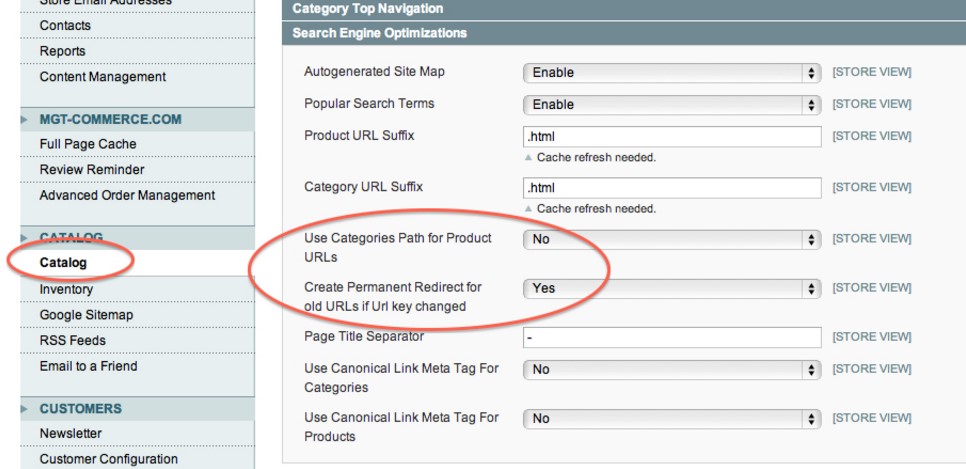
Self-hosted - Custom:
Managed by SEO experts, hence tailored-perfect for the search engines. They optimize all the URLs, headings, meta tags, images, video, and text.
There is little or no room for SEO mistakes.
SEO is custom-done and perfect.
Platform-hosted (aka: Shopify vs Volusion vs Big Commerce vs Yahoo vs Magento):
The SEO is generic in nature and not that personalized as in the case of the self-hosted.
The search results are not as good the self-hosted one. The useful traffic to the store is less and so is the conversion rate.
Tip
If you want better organic search results for your store then go for a self-hosted e-store.
- Dedicated knowledge
Self-hosted - Custom:
You need to have good knowledge of different subjects related to your e-store. From programming to CMS; from encryption to shipping. The more knowledge you have, lesser the bottlenecks you face.
If you have no idea about them. Then there is a big learning curve for you.
Platform-hosted (aka: Shopify vs Volusion vs Big Commerce vs Yahoo vs Magento):
No such learning curve. All the headache belongs to your service provider.
Tip
You save time, money and efforts with platform hosted platform.
- Personalization
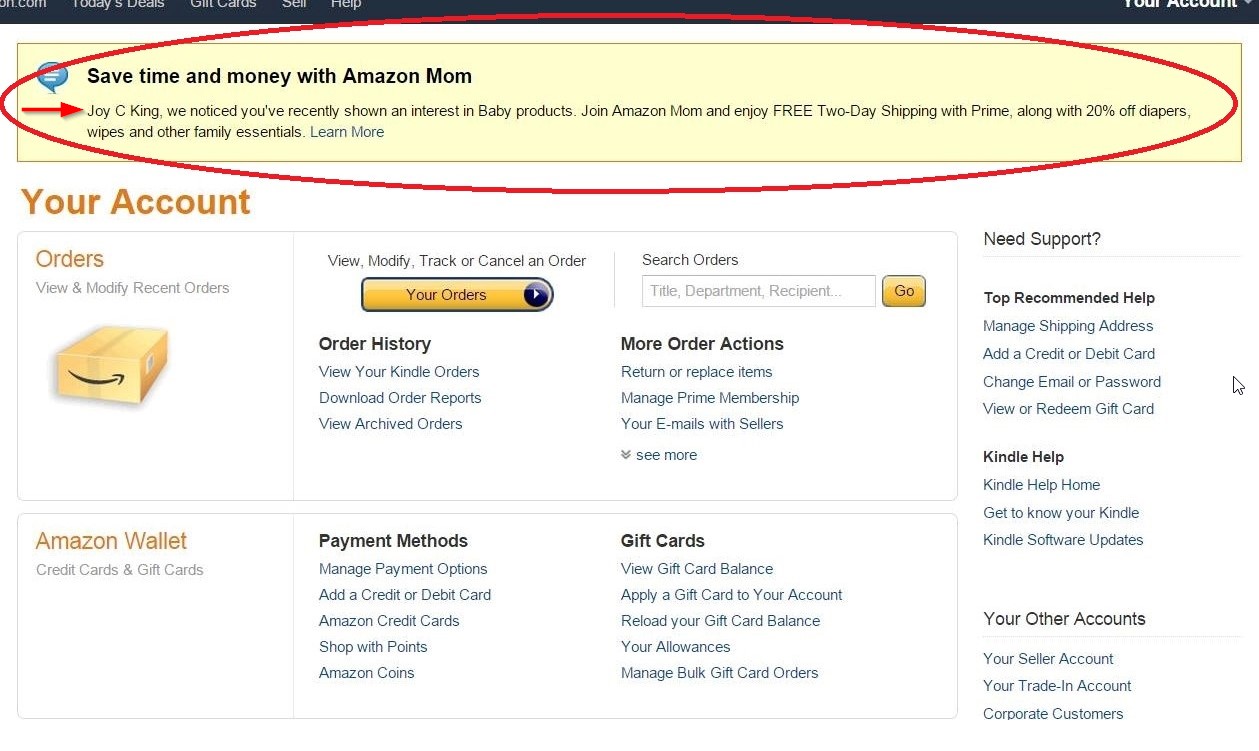
Self-hosted - Custom:
You live in the age of personalization. A self-hosted gives you freedom to customize and personalize as much as you want.
You can pull in more traffic with it. No doubts about it.
Look at how Amazon does that. It excels as that.
Go the Amazon way. Reap the benefits of an excellent after-sales service through your self-hosted e-store.
Platform-hosted (aka: Shopify vs Volusion vs Big Commerce vs Yahoo vs Magento):
You have little or no room to personalize your content, your offerings and products. On the personalization front, you lose out to your competitors who have done that.
You customers cannot track their orders, get regular shipping updates or personalized offers. They will leave you.
Tip
Choose self-hosted to personalize and stay in the competition.
- Risk and Reward
Self-hosted - Custom:
The risk is more but so is the reward.
If you do not take the risk, you do not get big rewards. Look at Amazon. They invested their resources in their self-hosted e-commerce portal. The risk was big but it paid off. Now they are leaders in e-commerce.
Platform-hosted (aka: Shopify vs Volusion vs Big Commerce vs Yahoo vs Magento):
No risk means less reward. If you want to play safe and happy with smaller margins then go platform-hosted.
Tip
It depends on you. If you believe in the saying "Lady Luck smiles on the brave". Then go ahead with the self-hosted. Go the Amazon way.
You have to decide which way to go – self-hosted or platform-hosted. Both have their own advantage and disadvantages. You are the best person to judge them according to your requirements.
But a custom designed (self-hosted) wins in the long term. In business, there is always the room to grow no matter even if you start small. So think big and go self-hosted with your e-commerce store.
Be a winner.